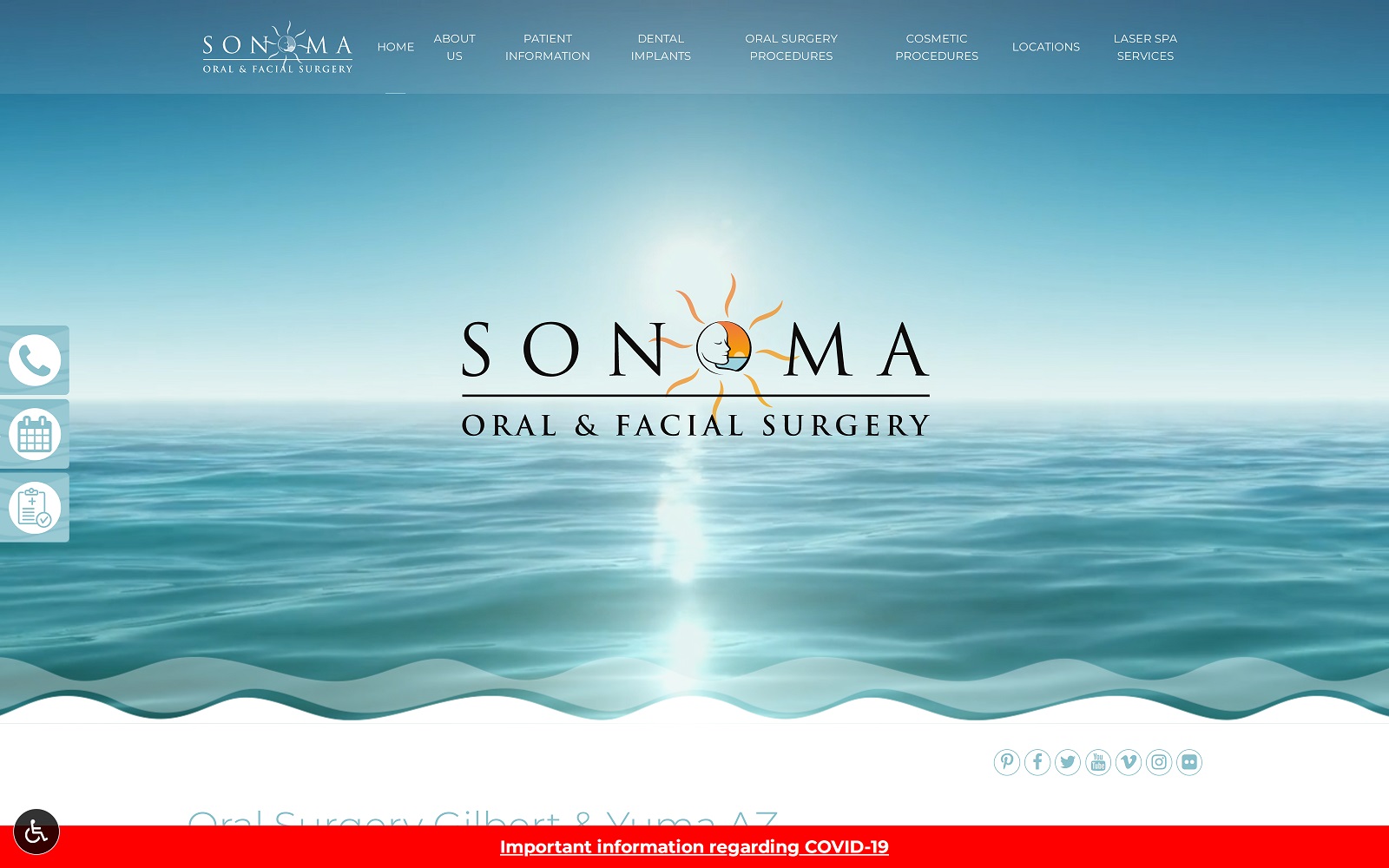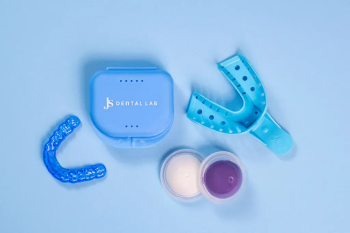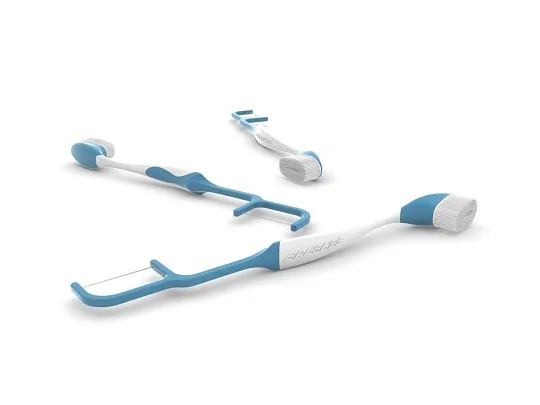An Oral Surgeon is a dentist or physician who specializes in diagnosing and treating complex diseases of the mouth, teeth, and jaws. They are responsible for performing a wide range of surgical procedures, from simple tooth extractions to complex facial reconstruction.
Qualifications of an oral surgeon
Oral surgeons complete 4 years of regular dental school, then take on a one-year general surgery residency working alongside MDs. And that’s just the beginning! They have another 3 years of intensive training in oral surgical procedures. We’re talking up to 15-hour intense operation days focusing on their specialty. To officially become an oral surgeon, candidates also have to pass lengthy board exams through the American Board of Oral and Maxillofacial Surgery. And many pursue additional one-year fellowships to sub-specialize even further – in cleft palate procedures or facial reconstruction using plates and screws, for example.

Image Source: Unsplash
Types of procedures performed by an oral surgeon
Extracting Teeth
Beyond routine extractions, oral surgeons remove infected, damaged, or problematic wisdom teeth that general dentists cannot handle, often requiring surgical access and anesthesia.
Surgical Biopsy
Oral surgeons excise tissue samples and have laboratory analysis performed to check for concerning diseases. They also remove confirmed cancerous tissue.
Dental Implant Placement
A common restorative procedure oral surgeons perform is surgically implanting titanium posts into the patient’s jawbone to anchor replacement teeth securely.

Jaw Reconstruction
Reconstructive jaw surgery is also in an oral surgeon’s skillset, whether to restore anatomy compromised by injury or cancer treatment. This complex procedure rebuilds form and function.
Treatment of Oral Diseases
Numerous mouth diseases are treated by oral surgeons as well, including advanced gum infections, cysts growing on jawbone roots, and cancerous mouth tumors.
Maxillofacial Reconstruction
Oral surgeons can correctly treat conditions involving the maxillofacial bones, like birth defects, traumatic facial wounds, and tumor removal – procedures requiring their advanced expertise.

The latest technologies used by oral surgeons
Computer-assisted surgery
Oral surgeons have some slick 3D planning tech to guide reconstructive procedures now, helping to perfectly align shattered jaw fragments based on CT scans taken beforehand. This computer-assisted approach leads to faster surgeries with fewer complications than the old way of manually puzzling bone pieces together.
Endoscopic surgery
Tiny poke-hole incisions paired with bendable wire cameras enable oral surgeons to clearly see and precisely operate in hard-to-access spots in the mouth. Removing cysts, doing biopsies of suspicious lesions, and excising tumors often take less recovery time now, thanks to these minimally invasive endoscopic tools.
Endoscopy
Similar camera tech is used in oral endoscopy procedures, allowing thorough visualization of the mouth’s nooks and crannies to diagnose gum disease, seek out embedded cysts, or identify developing tumors.

How to find an oral surgeon
Need to hunt down a trustworthy oral surgeon for a procedure like getting those pesky wisdom teeth extracted or finally getting that dental implant placed? Ask your regular dentist for trusted referrals first – they know the quality players in your area. Your local dental association’s website also keeps listings of vetted specialists in every neighborhood. I actually found my amazing oral surgeon through a local search when I moved cities last year. If you want to go the extra mile, the American Association of Oral and Maxillofacial Surgeons has super thorough member directories you can browse by location and specialty focus. They hold their experts to rigorous ethical and best practice standards, so it’s a reliable source. Here’s an insider tip too – try finding an oral surgeon who did an MD program along with their oral residency. It’s extra training but equips them to handle complex medical situations if needed. While general dentists can technically do basic extractions, implants, and other surgery are best left to the true specialists. It’s worth investing a little extra effort to find an oral surgeon you really trust, especially for major procedures! Your smile and health are precious – research wisely.



